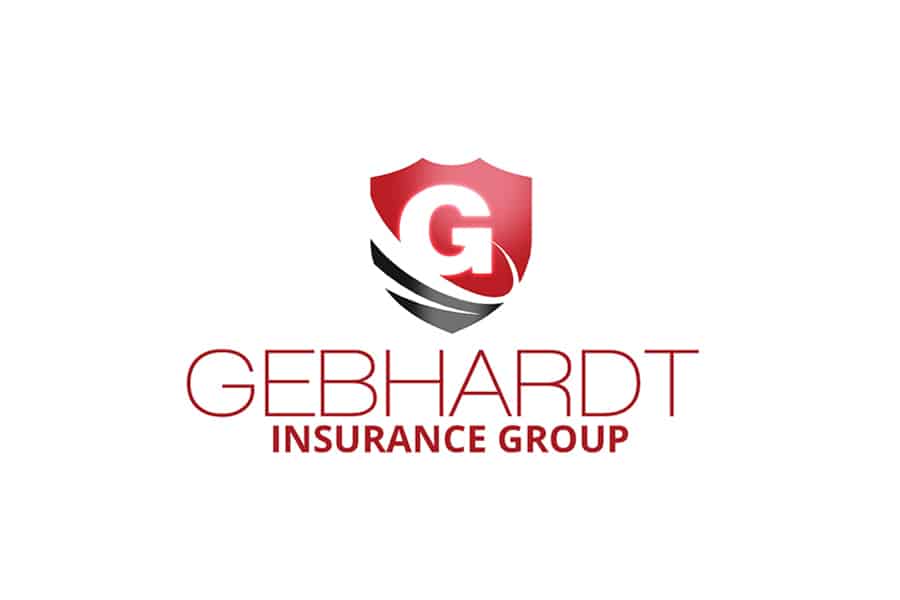Blog
Can You Save Money by Bundling All Insurance in the Same Company?
Can your Casa Grande insurance agent really save you money by bundling your policies? The short answer is yes, and […]
Recent
Why Casa Grande and Maricopa Drivers Are Paying More for Car Insurance—And How Gebhardt Insurance Group Can Help Lower Your Premium
As your hometown insurance agency serving Casa Grande and...
June 12, 2025Navigating Arizona Car Insurance: How to Choose the Right Coverage
When purchasing car insurance in Arizona, drivers have se...
May 22, 2025Uncategorized
 Auto Insurance, Business Insurance, Home Insurance, Insurance, Life Insurance, Mobile Home Insurance,
Auto Insurance, Business Insurance, Home Insurance, Insurance, Life Insurance, Mobile Home Insurance, 
